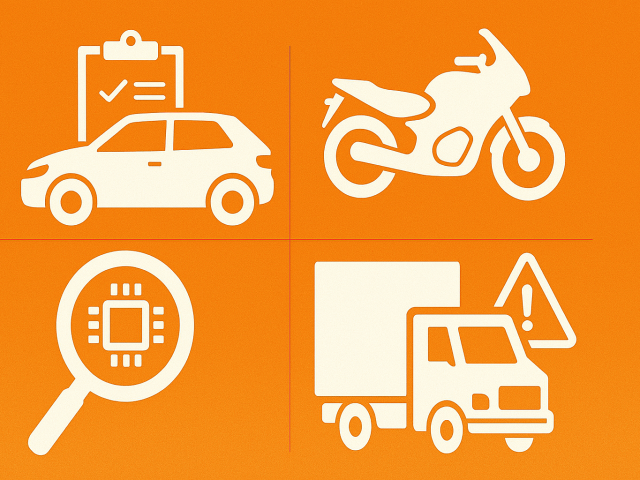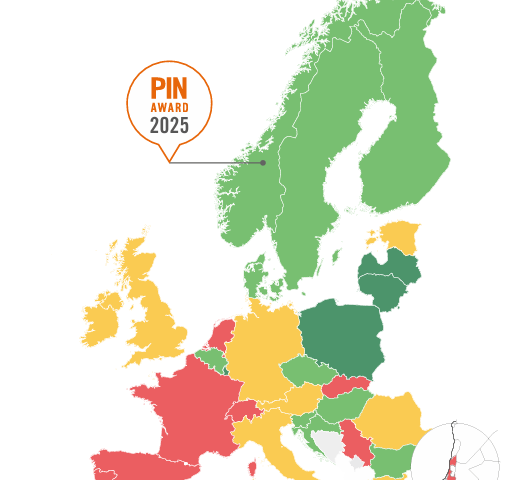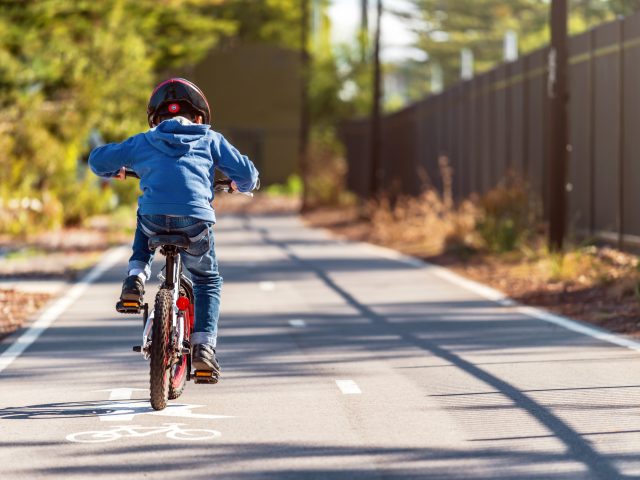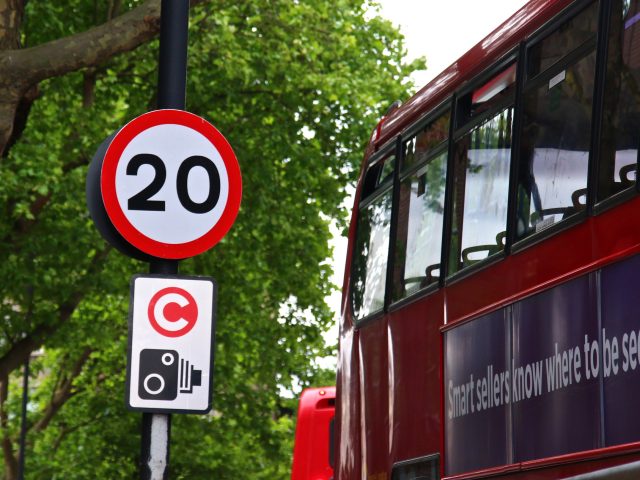Drink-Driving in Ireland
Figures
Alcohol represents 38% of all road fatalities in Ireland:
29% of involving a driver / motorcyclist
9% a pedestrian
(data period covered 2008-2012)
More recently, 880 people were killed in 824 Road Traffic Collisions on Irish roads. Of the 600 road fatalities with a toxicology result available, 36.5% (219) had a positive toxicology for alcohol (data period covered 2013-2017).
National policies
Some of the most important measures aimed at combating drink driving in Ireland in recent years are summarised below:
- Since 2006 An Garda Síochána (Irish police force) can breathalyse any driver stopped at a mandatory alcohol testing checkpoint ;
- A lower legal BAC limit of 0.2g/l for novice and professional drivers and 0.5g/l for all other road users adopted in 2011;
- Since November 2014, a specimen of blood from a driver who is incapacitated following a serious road traffic collision can be taken and tested for intoxicants;
- Mandatory alcohol testing for drivers involved in road traffic collisions as from 2011;
- Tougher penalties for lower levels of drink-driving adopted in October 2018;
BAC limit and sanctions
The BAC limit in Ireland is:
– 0.5g/l for all drivers
– 0.2g/l for novice and professional drivers
As from October 2018, drivers caught with a BAC between 50 and 80mg of alcohol in 100ml blood (or a BAC between 20 and 80mg/ml for learner, novice or professional drivers), will be disqualified from holding a driving licence for a period of 3 months and receive a fine of €200.
| Driver Category | BAC | Previous Penalty | Current Penalty |
|---|---|---|---|
| Learner, Novice, Professional | 20+ to 80mg | €200 fine. 3 month driving ban | €200 fine. 3 month driving ban |
| Ordinary driver | 50+ to 80mg | €200 fine. 3 penalty points | €200 fine. 3 month driving ban |
| Ordinary driver | 80+ to 100mg | €400 fine. 6 month driving ban | €400 fine. 6 month driving ban |
Enforcement
In 2017, 8920 drivers were arrested on suspicion of driving under the influence of an intoxicant (DUI), compared to 8067 arrests in 2016 (representing an 11% increase). DUI arrest figures for 2018 (8858 arrests) were in line with 2017 while 2019 (8428 arrests) saw a 5% reduction in DUI arrests when compared to 2018. (source: Irish Police Force)
Data from the Medical Bureau of Road Safety from August 2020, showed that 4,723 successful breath tests were taken in Garda stations in 2019 (94 % had positive alcohol, 6% had an alcohol level of zero). When compared to specimens from 2018, a slight reduction in the percentage of drivers driving with a lower level of alcohol can be seen (e.g. moving from 18% to 16% for breath tests). This may reflect the introduction of tougher sanctions for drink driving at low levels towards the end of 2018.
Rehabilitation and Alcohol Interlock programmes
Ireland does not currently have any specific rehabilitation programme in place for drink driving offenders, although it is an issue that will be considered in designing the next government Road Safety Strategy (2021-2030).
Concerning alcohol interlock programmes, a cost benefit analysis on this technology as a sanction for repeat offenders has been commissioned by the RSA, and will be completed by SWOV by the end of 2020.
Alcohol Interlocks are currently used on a voluntary basis in commercial transport sector (see example of Matthews Coaches Hire in the country report).
Campaigns

Ireland has extensive experience in road safety mass media campaigns, adopting a direct and hard hitting way to convey their message.
One of the latest drink driving campaigns is the 2016 Ciarán Treacy campaign, which tells the devastating true story of a 4 year old boy who was killed in a head-on collision with a drunk driver in 2014.
To read the full country focus click here.







